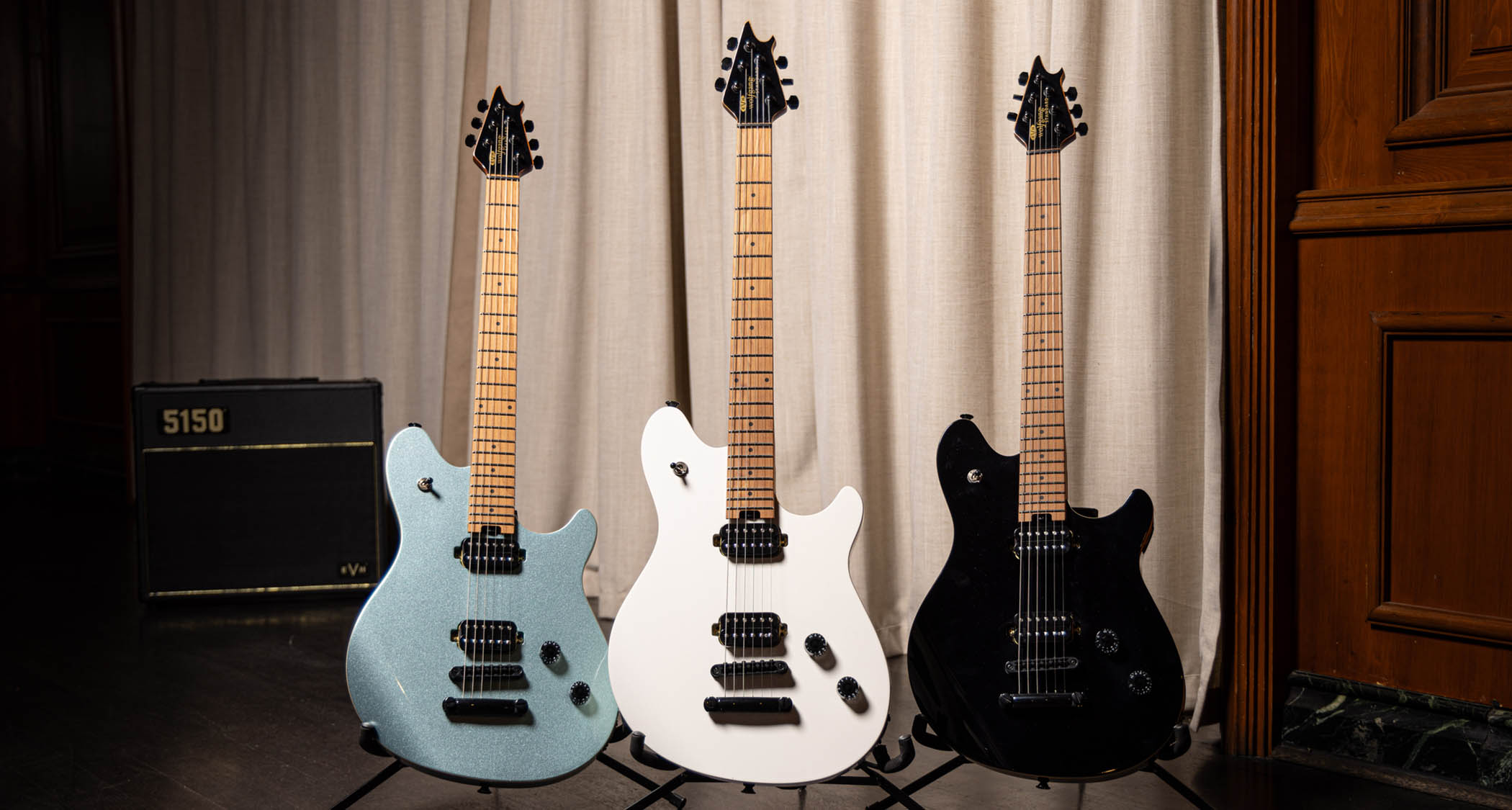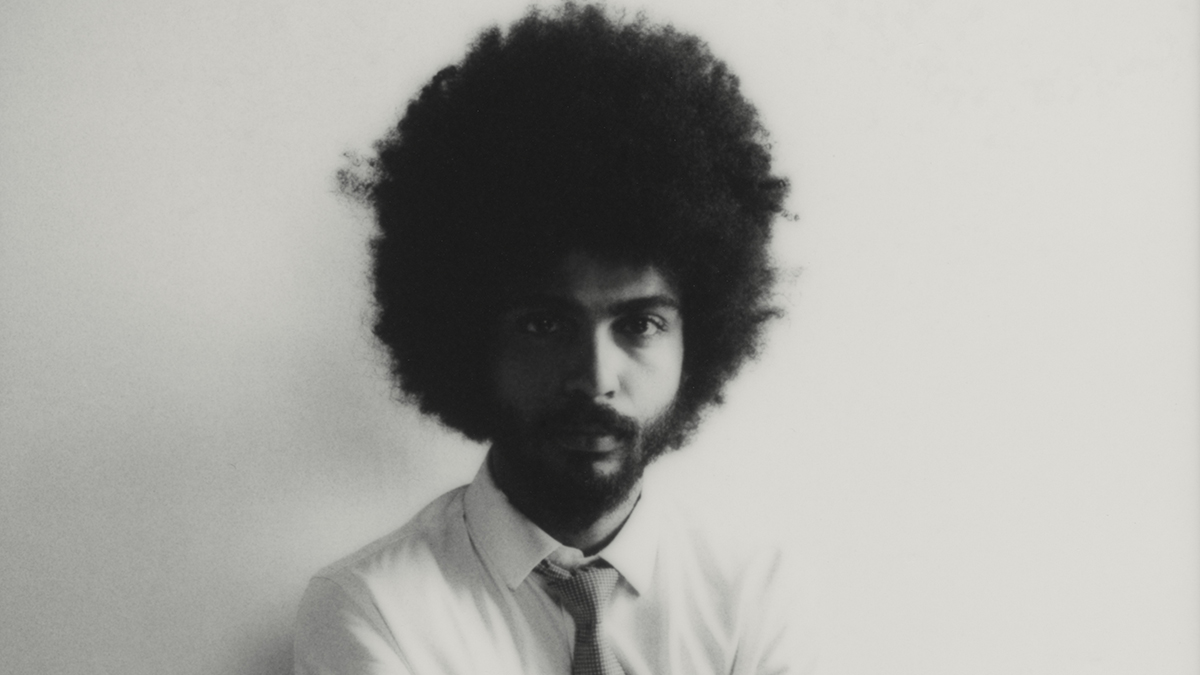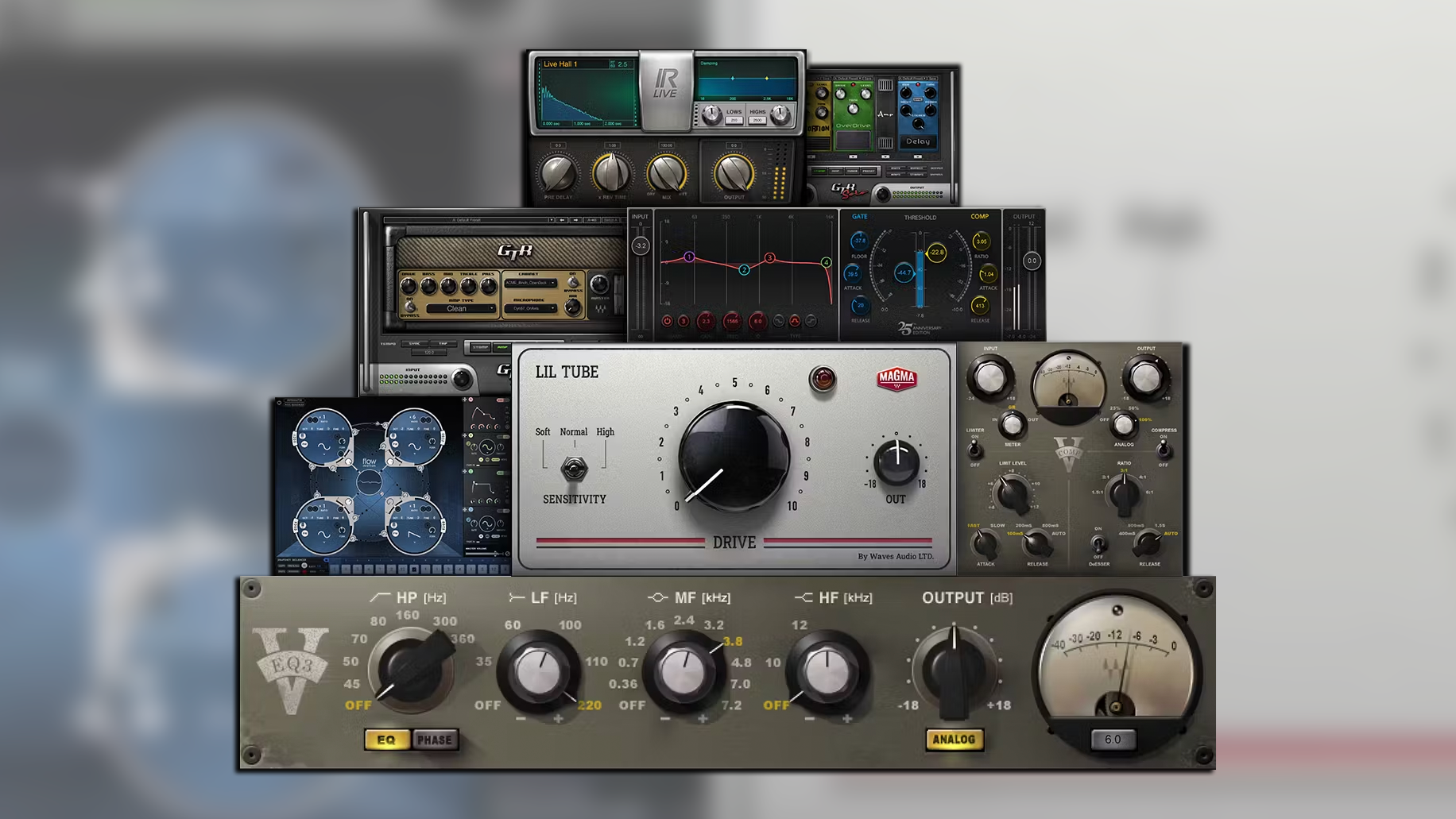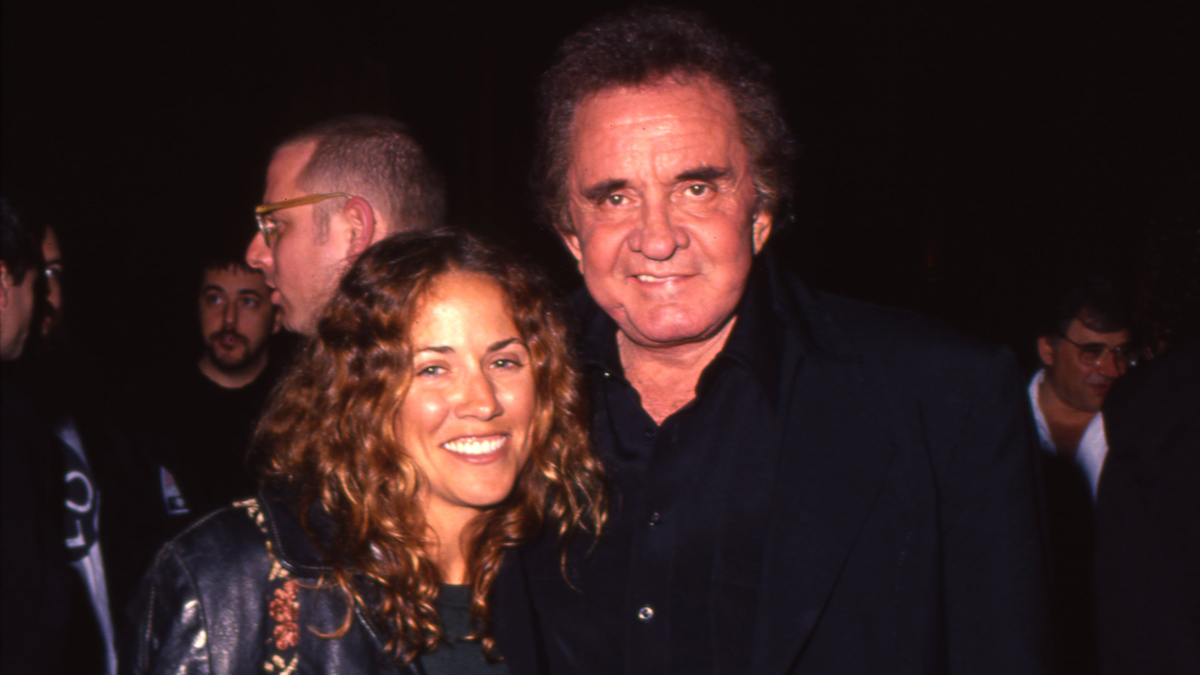Me and my guitar: James Bay
The lowdown on Bay's signature Epiphone ‘1966’ Century
The platinum-selling singer-songwriter James Bay tells all about his new signature Epiphone ‘1966’ Century.
Signature model
“This is a complete dream come true, as I’m sure all the other folks who get their own signature models of guitars made will say. The reality when you pull it out of the case for the first time, it’s a breathtaking moment.
It’s a total honour to call this my own signature Epiphone Century ‘1966’ guitar
“I was a kid at school playing guitar and reading guitar magazines, and looking at all these people putting out signature models and following guitarists who were doing the same thing, and suddenly, for the first time, I’ve got my own one. It’s a total honour to call this my own signature Epiphone Century ‘1966’ guitar.”
Design
“This is a simple guitar - the ’66 model I first got, I was drawn to it and I loved it, and I still love it because of its simplicity. It was this unassuming sort of electric guitar. You can play it like a very acoustic instrument, and you can plug it in and it still makes an interesting, very organic sound.
P-90 pickups
“I’m a huge P-90 fan; this is actually a Kinman Noiseless [Sweet Neck] P-90. I’ll be honest, people say, ‘You gotta stay true to the P-90, and if it buzzes, it buzzes’ - and I do love that sound - but having played a load of TV shows and played in various venues with different electronics going on in the building, it turned out that I still get the great P-90 sound, partly because of the amps that I use and partly because of the way that I play, it still sounds like a great pickup. If we can get a little bit less of that buzz, you hear more of the pickup.”
In the grain
“We went with unique details, such as the bronze wheels, and we’ve kept it simple, we’ve kept it unique. I’ve burned my little logo into the back of the headstock. And we’ve tried to stay as close to the Cherry finish, but with guitars from that time, a lot of the finishes were very solid, and one of my favourite things about this guitar in terms of how it looks is that you can catch a bit of the grain, a bit of the wood coming through the colour.
“There were prototypes along the way towards the finished article, because I really wanted to get the red right; I think it was a bit orange originally, and I wanted it to be more brick red.”
Get the MusicRadar Newsletter
Want all the hottest music and gear news, reviews, deals, features and more, direct to your inbox? Sign up here.
Strap
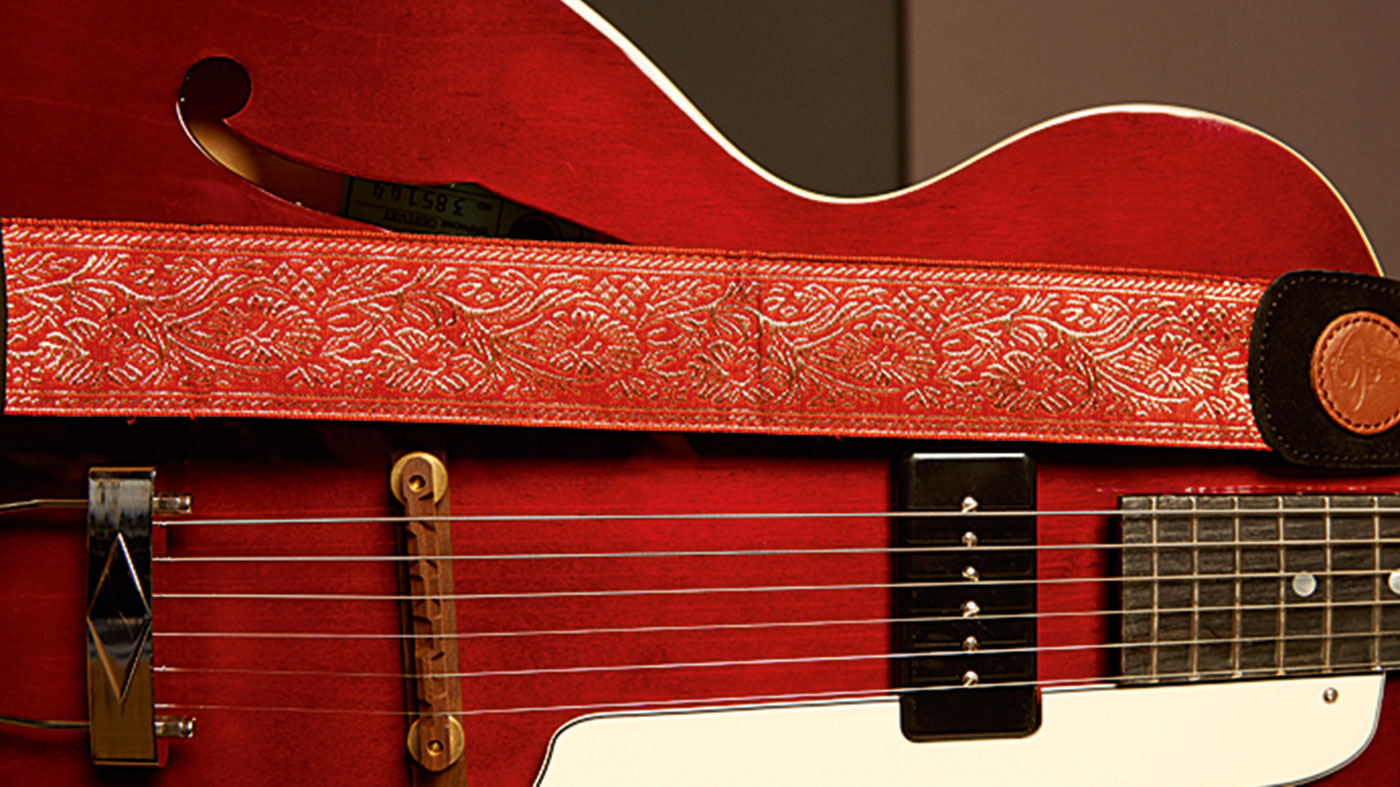
“I didn’t buy the strap from a guitar shop; I didn’t find this in a guitar context. Actually, the material used for this strap is for the hem of a sari dress, so Epiphone have kindly replicated that for me. I’m pretty certain the only strap that I’ve ever used when playing this guitar has been this homemade strap, and you can [see my hat] logo on the end of it as well.”
Mike is Editor-in-Chief of GuitarWorld.com, in addition to being an offset fiend and recovering pedal addict. He has a master's degree in journalism, and has spent the past decade writing and editing for guitar publications including MusicRadar, Total Guitar and Guitarist, as well as a decade-and-a-half performing in bands of variable genre (and quality). In his free time, you'll find him making progressive instrumental rock under the nom de plume Maebe.
Carlos Santana collapses and then cancels second show “out of an abundance of caution”
“It is ingrained with my artwork, an art piece that I had done years ago called Sunburst”: Serj Tankian and the Gibson Custom Shop team up for limited edition signature Foundations Les Paul Modern
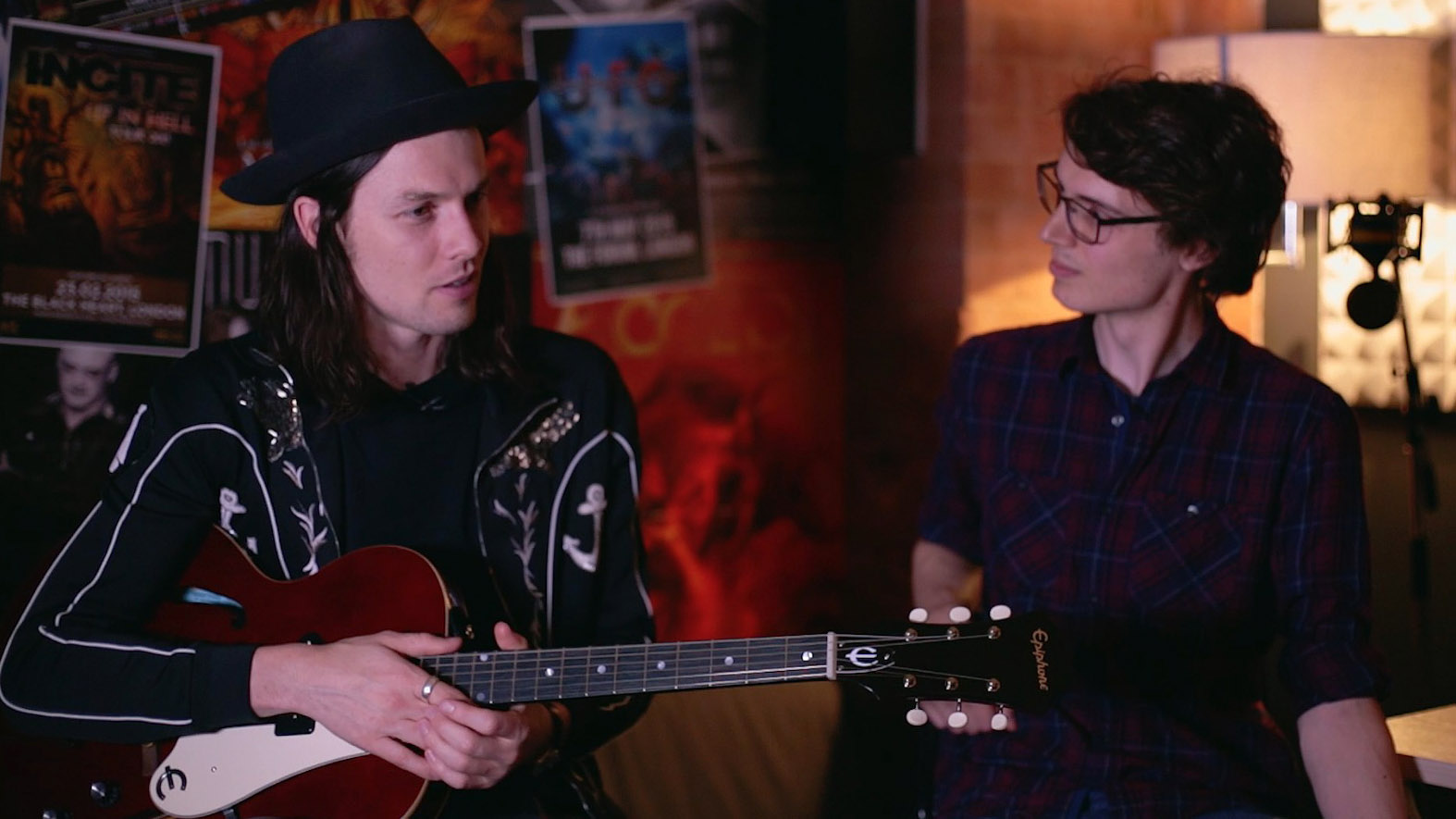







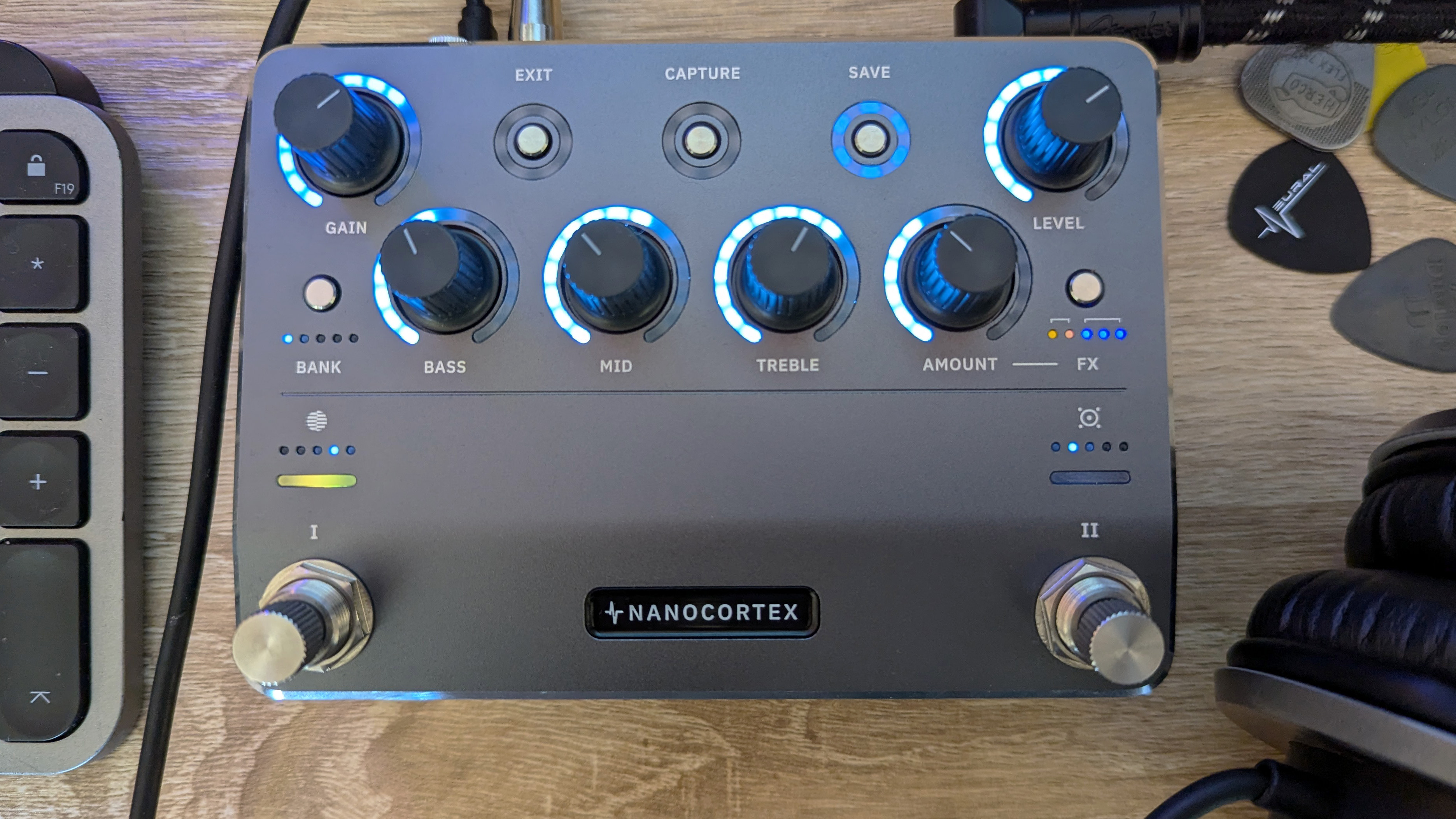
![Gretsch Limited Edition Paisley Penguin [left] and Honey Dipper Resonator: the Penguin dresses the famous singlecut in gold sparkle with a Paisley Pattern graphic, while the 99 per cent aluminium Honey Dipper makes a welcome return to the lineup.](https://cdn.mos.cms.futurecdn.net/BgZycMYFMAgTErT4DdsgbG.jpg)
